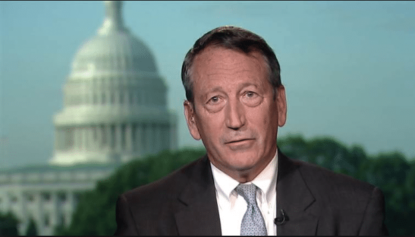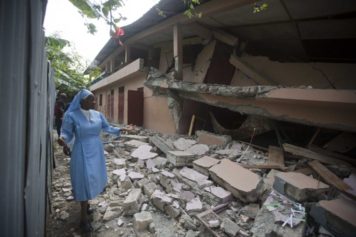The Pétionville suburb of Port-au-Prince, Haiti, has long been a tourism-friendly area, with a smattering of boutiques, galleries and restaurants.
Now it is home to a Best Western Premier, the first of several of the hotelier’s upscale branded properties that are planned throughout the Caribbean. The $15 million hotel is also the first in the area affiliated with an American hospitality company since the Holiday Inn closed 15 years ago.
Haiti remains the poorest country in the hemisphere, and a high-end hotel in a residential community just beyond the dusty warren of streets in its capital seems incongruous.
But this 106-room Best Western has embraced its surroundings, or at least a version of them. In addition to a restaurant, two bars, a spa and a pool, 600 works of Haitian art are on display on the hotel’s walls, many of them made of repurposed materials like recycled tires, oil drums and aluminum sheeting. The staff, mostly local, greets visitors with a welcome drink.
Still, at $162 a night, the hotel is well beyond the reach of most Haitians, 78 percent of whom live on $2 a day, according to the Haitian government.
So who is the Best Western Premier for?
“Eighty or 90 percent of our customers are in business,” said Ronald Maidens, Best Western’s general manager.
Because the country has been in a state of regeneration since it was struck by an earthquake in 2010 — drawing $7.5 billion in aid, not all of it yet spent — there is no shortage of businesspeople, nongovernmental-organization workers and filmmakers and writers seeking to document it all passing through. They are the target market.
Though people invested in Haiti’s renewal are expected to fill the hotel, there are efforts to keep the country’s chaos at bay. In late March, just days before the hotel opened, the city administration barred residents from washing their cars and motorcycles on the street — a common practice — in the vicinity of the hotel, or risk a fine of 5,000 gourdes (roughly $115 in U.S. dollars).
And the hotel, which is a six-mile traffic-clogged, pothole-ridden drive from the airport, is setting up a help booth so that arriving guests don’t have to weave their way through hordes of people clamoring to carry bags or get a taxi.
“It is a challenge, but almost everything here is,” said Stanley Handal, a local businessman who owns the development with two Indians who live in the United States, Hiroo Melwani and Kenny Narwani. “Yet, we started to build a year after the 2010 earthquake and finished in just two years. This hotel serves a real need.”
Best Western isn’t the first luxury property in the region. The palatial Royal Oasis, which was built with a $2 million investment from the Clinton-Bush Haiti Fund, opened late last year with rooms starting at $250 a night.
And a Marriott broke ground late last year on a property in Port-au-Prince that is expected to open in early 2015. With the latest openings, Haiti is roughly two-thirds of the way toward its goal of having 1,000 rooms.
Read more


